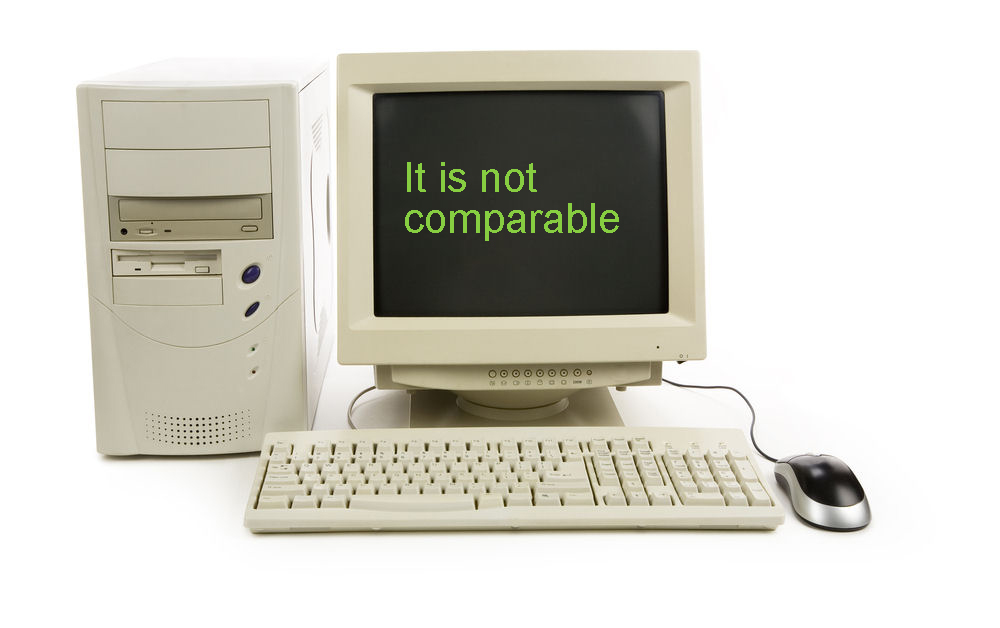Business Rates
BACK TO GREY
RATING: VALUATION AND NEGOTIATION – (Art/ Science and Communication…time to relax CCA (Check, Challenge, Appeal)
The valuation of property is never purely a science. Few properties could ever be described as identical and so it follows that the same valuation evidence cannot be applied directly to many properties without some form of adjustment and realistic application. Rather than being either black or white – there is always a grey area in valuation.
For Rating purposes, valuation evidence has to be taken at a specific point in time. The Antecedent Valuation Date (AVD). For the current Rating List this is 1st April 2015.
Of course for Rating purposes there is the additional matter of the “hypothetical tenant” – in other words, a tenant that doesn’t actually exist, but must be assumed to exist when formulating an opinion of their rental bid – taking all factors into account.
As Valuers it is almost always impossible to find enough direct evidence on a specific date, for a specific property. If it was, valuation would undoubtedly become a science (rather sadly taking the skill of the Valuer out of the equation; and of course their negotiation skills)
In the real world, Valuers are required to seek evidence from a wider area, a wider timescale and adjust as necessary to apply to the property being valued. This is the “art” of valuation, the “stand back and look consideration”.
Rating valuation has never really given over to the “art” side of valuation. The Valuation Office compile whatever rental evidence they can gather and compile this to formulate a range of matrices based on age, size and broad location from which they adopt a “tone” which is then applied to an entire valuation scheme. These can often cover 000’s of properties over a wide area with little or no further adjustment.
Historically an experienced Rating agent in negotiation with an experienced Valuation Officer could, more often than not reach a fair agreement through reasonable negotiation; always over the telephone or face to face. Both could appreciate the “art” side of valuation.
So, even Rating Valuation was a science/art mix with proper communication the key.
This of course was before the advent of the new regime – Check, Challenge, Appeal (CCA)
Now the art has been lost, as has the communication essential for a reasonable approach and a fair agreement for the ratepayer.
Rating agents seemingly cannot provide any evidence other than that of a direct comparable, from a single date in time (1st April 2015). This is because our opposite number is now an email address.
Yes, meet ……… CCASERVICE@VOA.GSI.GOV.UK

This is now what we Rating agents have to negotiate with. Not even a name of the person on the side of the Valuation Office who is behind the email.
Effectively the stock response that we receive from CCA service is that all evidence provided to them is:
“NOT COMPARABLE IN TERMS OF SIZE/ AGE/ LOCATION AND/ OR IS BEFORE OR AFTER THE AVD ” (DELETE AS APPROPRIATE) “SO NO WEIGHT CAN BE ATTACHED TO IT”.
We can no longer work with what evidence we have to reach an agreement. We can no longer undertake proper negotiation, adjust the comparable with sound reasoning and discussion and reach sensible agreement.
Now it seems, we must have a direct comparable, where a piece of rental evidence can be derived from the 1st April 2015 on a property exactly the same size, age, type and location because nothing else seems to be considered. It’s impossible to negotiate properly with an impersonal email address. Matters are black or white.
This of course all plays into the hands of the Valuation Office who set Rateable Values based on their “tone” and then in reality refuse to justify or have them scrutinised. They of course do not have to divulge their own rental evidence at the outset.
Under CCA the “art” of valuation has well and truly gone along with the important element of proper communication. This of course is a huge disadvantage to the Ratepayer who are not only are seemingly not entitled to know how the Valuation Office formulated their Rating Assessment but now are prejudiced from having them properly discussed.
It’s time to relax the CCA procedure, bring back some sensibility and allow agents the opportunity to properly discuss an assessment on behalf of their clients.





